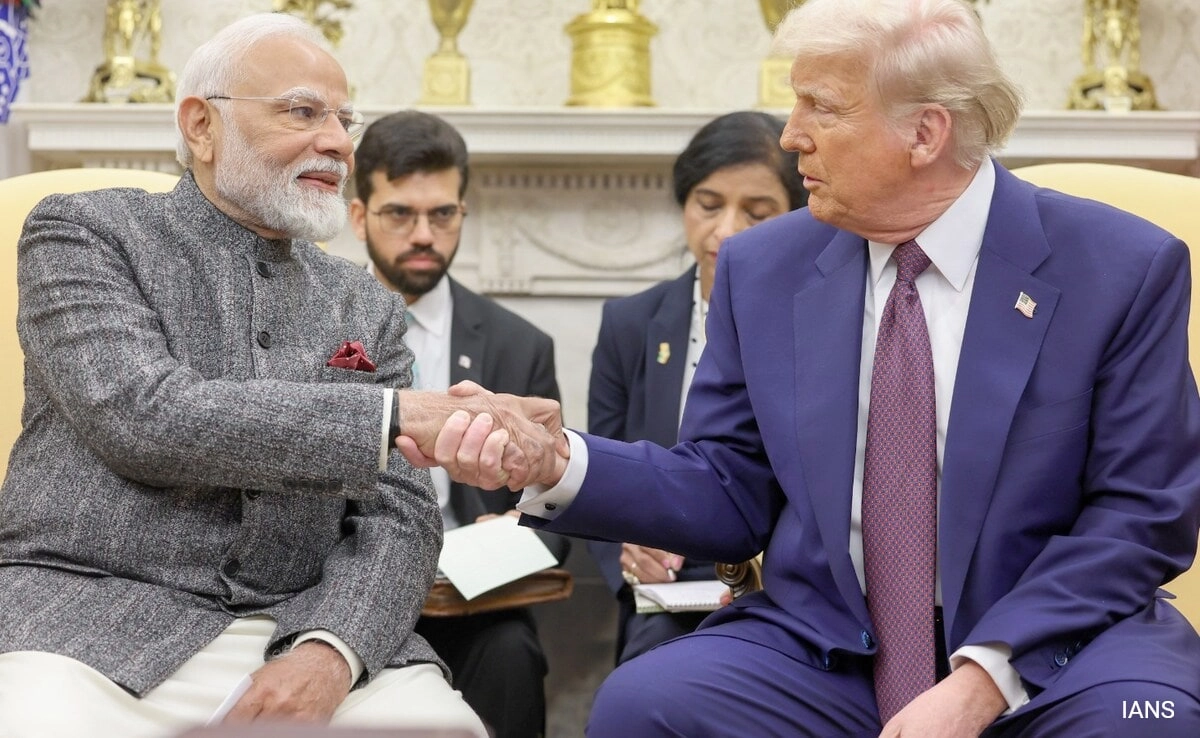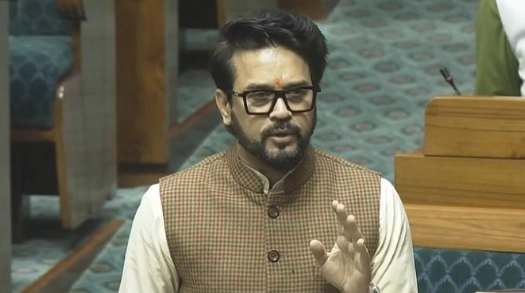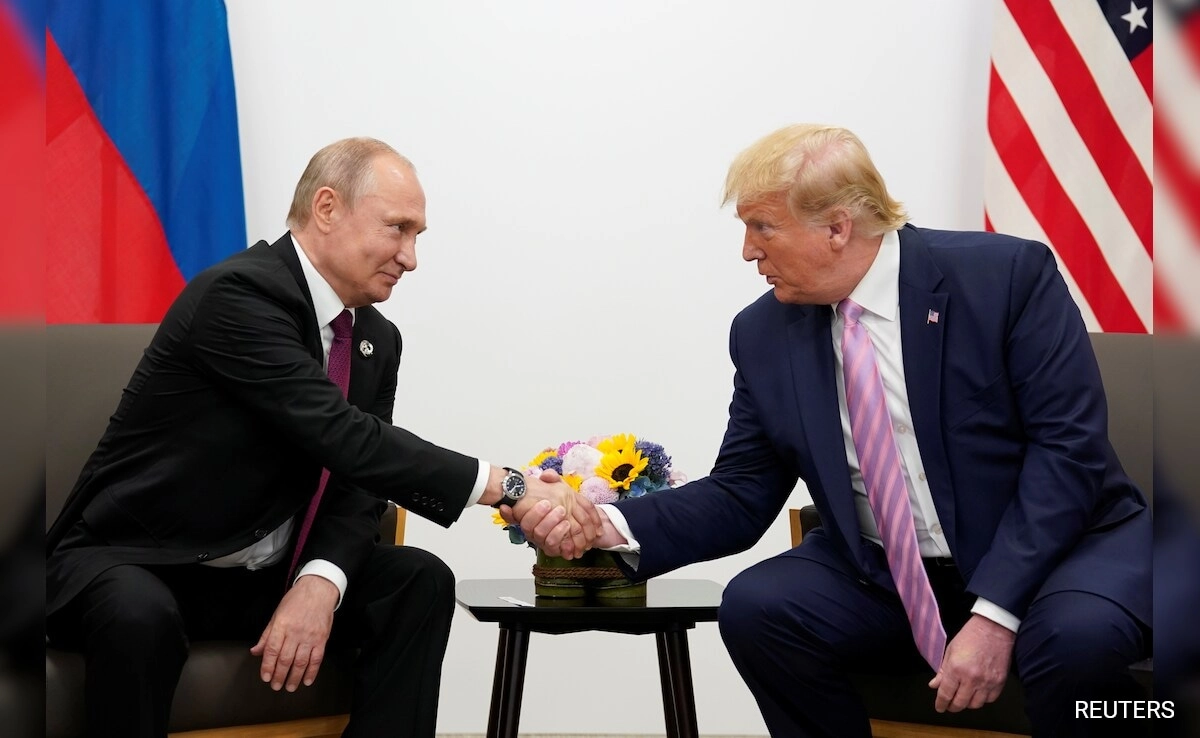The recent decision by the United States to impose a 25% tariff on a range of goods has raised significant concerns among global leaders, particularly in India. This move has been perceived as a direct challenge to international trade norms and has generated unease regarding its potential impact on India’s economy. The tariffs primarily target a variety of Indian exports, including textiles, machinery, and agricultural products, which play a crucial role in India’s economic landscape. As a result, Indian leaders and economists are reacting with alarm, fearing that this could lead to a trade war that might further strain bilateral ties between the two nations.
Indian officials have expressed their apprehension about the long-term implications of these tariffs. They worry that increased costs for exported goods could translate into reduced competitiveness in global markets. The looming threat of retaliatory measures from India could escalate tensions, leading to a cycle of trade barriers that would ultimately harm both economies. Furthermore, this move comes at a time when India is striving to strengthen its manufacturing sector and attract foreign investment, making the tariff imposition even more problematic. Leaders in India are calling for a reassessment of trade policies that favor protectionism, emphasizing the importance of collaboration and mutual benefit in international trade.
Economic analysts are also weighing in on the potential fallout of the U.S. tariffs. They highlight that the imposition of such significant trade barriers could disrupt supply chains and lead to higher prices for consumers in the U.S. and India alike. The interconnected nature of global trade means that tariffs do not merely affect the targeted countries but can have ripple effects that extend far beyond their borders. This situation underscores the need for dialogue and negotiation to address trade disparities without resorting to punitive measures. Many experts advocate for a collaborative approach to resolving trade issues, emphasizing the importance of maintaining strong relationships between major economies like the U.S. and India.
In response to these developments, Indian leaders are mobilizing to protect national interests while seeking to engage in constructive dialogue with their American counterparts. They hope to find common ground that sustains economic growth and fosters mutual cooperation. The stakes are high, as India is one of the largest markets for American goods and services, making a resolution beneficial for both parties. The situation serves as a reminder of the delicate balance in international trade relations, where actions taken by one nation can have profound implications for others. Moving forward, it will be crucial for both the U.S. and India to navigate these challenges carefully to avoid unnecessary escalation and to promote a more stable global trade environment.




